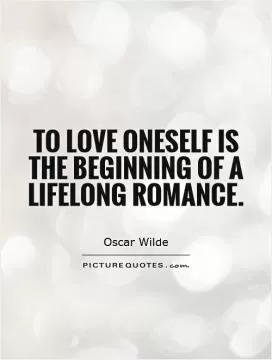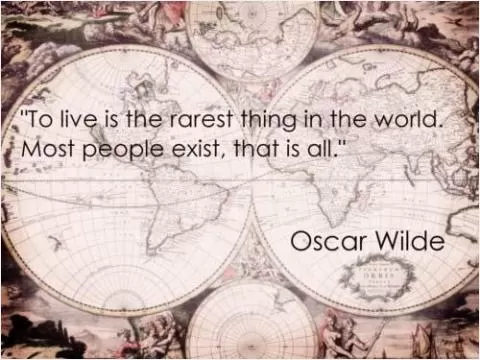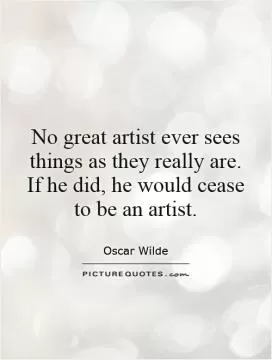Good artists exist simply in what they make, and consequently are perfectly uninteresting in what they are

Good artists exist simply in what they make, and consequently are perfectly uninteresting in what they are
Oscar Wilde, the renowned Irish playwright, poet, and author, was a firm believer in the idea that an artist's work should speak for itself. He famously stated, "Good artists exist simply in what they make, and consequently are perfectly uninteresting in what they are." This quote encapsulates Wilde's belief that an artist's true essence lies in their creations, rather than in their personal lives or personalities.Wilde himself was a larger-than-life figure, known for his wit, flamboyant style, and scandalous personal life. However, he believed that these aspects of his persona were separate from his artistry. In his view, an artist's work should be judged on its own merits, independent of the artist's background or character.
This philosophy is evident in Wilde's own work, which often explores themes of artifice, identity, and the nature of creativity. In his play "The Picture of Dorian Gray," Wilde examines the consequences of living a life solely for pleasure and aesthetic beauty, without regard for moral or ethical considerations. The titular character, Dorian Gray, becomes obsessed with his own image and beauty, leading to his downfall.
Wilde's belief in the separation of the artist from their work also reflects his views on the importance of art for art's sake. He believed that art should be created for its own intrinsic value, rather than for the sake of personal gain or recognition. This idea is encapsulated in his essay "The Critic as Artist," in which he argues that true art is a reflection of the artist's soul and should be appreciated for its own sake.
Overall, Wilde's quote about good artists being uninteresting in what they are speaks to his belief in the power of art to transcend the limitations of the individual artist. By focusing on the work itself, rather than the artist behind it, Wilde encourages us to appreciate art for its own sake and to look beyond the personal lives of the creators.












 Friendship Quotes
Friendship Quotes Love Quotes
Love Quotes Life Quotes
Life Quotes Funny Quotes
Funny Quotes Motivational Quotes
Motivational Quotes Inspirational Quotes
Inspirational Quotes